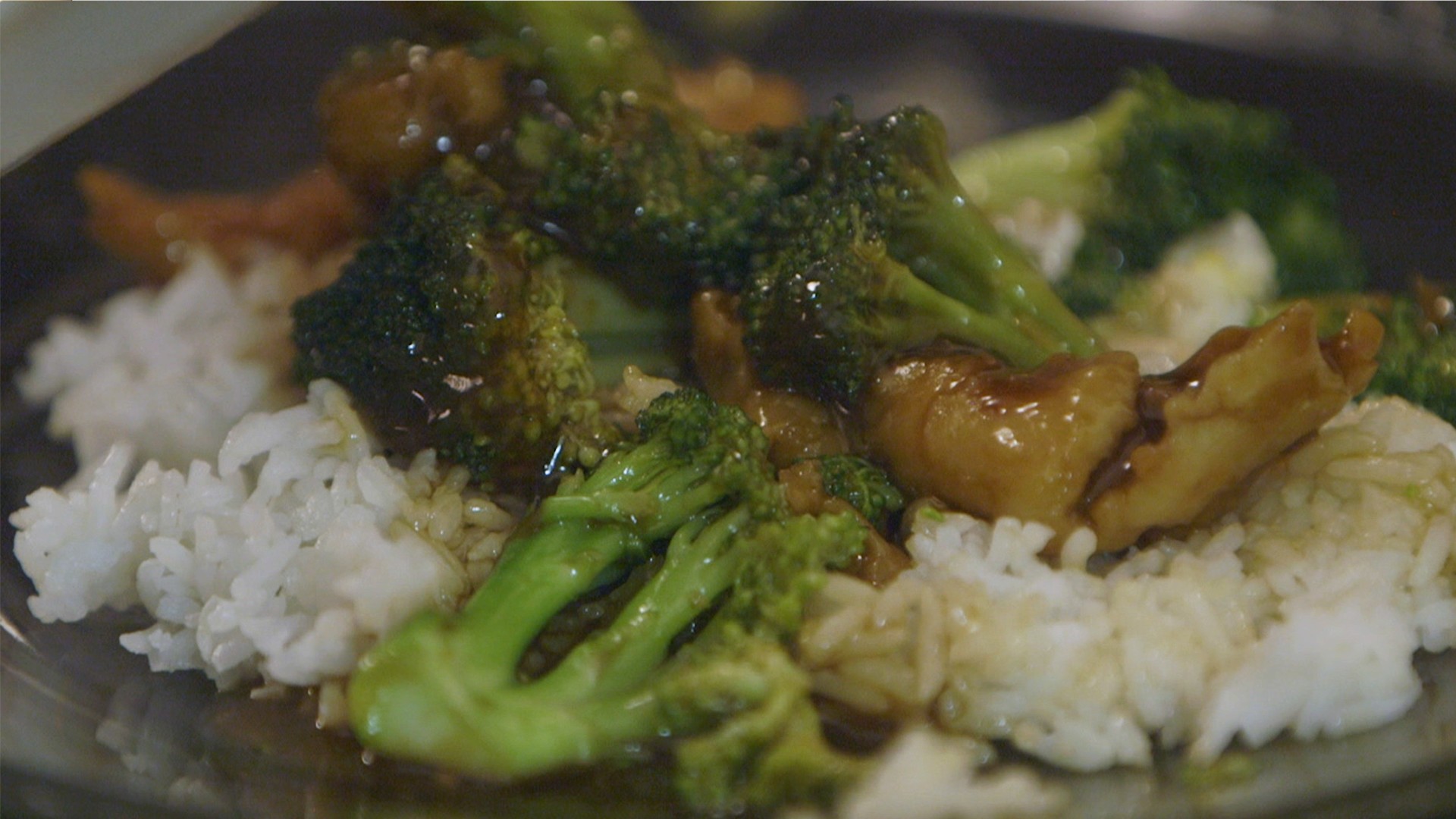Most people consider Sunday to be a day off—an escape from the 7 am alarm chimes, the morning chaos, the daily commute, and the repetitive tasks of the work week. No structure. No rules. No need to engage in any kind of routine whatsoever. For the most part, Sunday is our collective day to do nothing. Except that it isn’t. You most likely have a very specific routine, even if it’s one that bucks the uptight nature of weekdays.
While only 34 percent of Americans report that they actually work a paid job on the weekends, there’s a different kind of “work” going on for most of us—the weekend rituals. For some, it’s church. For others it’s a boozy brunch with friends, a Sunday evening meal prepared with time and care, or a major cleaning frenzy.
A 2017 survey by the US Bureau of Labor and Statistics shows that Americans spend an increased amount of time on the weekends engaging in housework, food preparation, socialization, and, of course, eating and drinking. Why aren’t more Americans spending their Sundays doing nothing? It might be because laying around like a hot sloth isn’t all it’s cracked up to be. Experts say that engaging in repeated rituals during our weekend time can be incredibly important to improving how we function during our actual work week.
Anthony DeMaria, a psychologist and clinical professor of psychiatry at Mt. Sinai’s Icahn School of Medicine, says that Sunday rituals—even those that seem like a lot of work—can be instrumental in creating a sense of comfort, calm, and satisfaction that can carry us through the rest of the week. “The function of most rituals is to give us a structure that we can find meaning in,” DeMaria says. “And usually it leads people to feel a sense of calm or provide some sort of self-soothing.”
That same survey also showed that women spend significantly more time during the weekends engaging in household activities like housework and food prep, but unlike everything else that happened this year, this insight isn’t necessarily a sign of the oppressive patriarchy.
More from Tonic:
“I think with cleaning in particular, there’s a common symbolic value that people get from feeling like their home is in good shape,” DeMaria says. “It’s pleasant in the sense that it can then boost us up and tell us ‘I am kind of on track. Things in my life are in order.’ That physical process of taking something that is in a state that’s sub-optimal and moving it towards where we want it to be through physical action and exertion can be uniquely satisfying.” But shouldn’t weekends be less about cooking, and more about ordering Thai delivery that we eat out of boxes on our laps on the couch while binge watching old episodes of ‘The Wire’? Apparently not. “With cooking,” DeMaria says. “I go to thinking about the symbolic nature of food. This is the primary mechanism of nurturance. There’s a way that engaging in ritualistic behaviors that are centered around food and nutrition can communicate a really deeply human symbol of self-care. It is a sign that we are doing something to feed and nurture ourselves.” There has even been a movement by some therapists in recent years to use cooking as a form of treatment for both depression and anxiety. There’s an actual treatment modality known as “Culinary Art Therapy” that theorizes that cooking gives people a sense of mastery, improves their communication skills, and staying “in the moment” via the ever-popular practice of mindfulness. “Most people, when doing rituals that provide them comfort—rather than begrudgingly doing it—feel just lost in the moment,” DeMaria says. "There’s something about being in the present when going through ritualistic behavior that I think in itself can be rejuvenating and refreshing and causes people to want to repeat it. It can get us more centered and away from replaying the past or worries about the upcoming or distant future.”The repetitive motions of chopping and slicing, the kneading of dough, the sprinkling, the mixing, the whisking, even watching and waiting for water to boil—they’re all actions that keep us in the present moment and distract our minds from the worries of the past and future work weeks. Still, there are those of us who would prefer to be brought large plates of eggs and bottomless mimosas on a Sunday morning. Are we shit out of luck when it comes to participating in the all-important weekend ritual practices? DeMaria says drinky brunches with friends on Sunday mornings absolutely count when it comes to positive ritualistic behavior. “You mention day drinking or spending time with friends,” DeMaria says to me. “There can be such a comforting thing to having ritualistic social time—a feeling like ‘this is what we carve out for each other.’ It communicates something to ourselves. It communicates that we value socialization. We value the joy that comes from those experiences.” The term “ritualistic” can carry negative connotations especially for those with a history of mental health problems. So, how do we determine which ritualistic behaviors are beneficial to our mental health? DeMaria says that healthy rituals and those performed by someone who has a condition like obsessive compulsive disorder serve similar functions, but the emotions that accompany them can be quite different. “The function is fairly similar. It’s imposing a particular structure on oneself through action to say that ‘this is going to lead to better outcomes.’ It serves the function of moving away from the anxious distress. But people who are obsessively ritualistic and engage in compulsive behaviors hate it. They really experience a ton of pain, anxiety, anguish and distress. And it also eats up huge chunks of time and can limit one’s life.” The message is pretty clear. We all need to be dedicating our down time to cake baking, toilet scrubbing, and mimosa ingestion. (Note: Engaging in all three simultaneously is not an officially sanctioned medical practice. Yet.)Read This Next: We Asked People How They Fight Their Sunday Night Anxiety
Advertisement
More from Tonic:

“I think with cleaning in particular, there’s a common symbolic value that people get from feeling like their home is in good shape,” DeMaria says. “It’s pleasant in the sense that it can then boost us up and tell us ‘I am kind of on track. Things in my life are in order.’ That physical process of taking something that is in a state that’s sub-optimal and moving it towards where we want it to be through physical action and exertion can be uniquely satisfying.” But shouldn’t weekends be less about cooking, and more about ordering Thai delivery that we eat out of boxes on our laps on the couch while binge watching old episodes of ‘The Wire’? Apparently not. “With cooking,” DeMaria says. “I go to thinking about the symbolic nature of food. This is the primary mechanism of nurturance. There’s a way that engaging in ritualistic behaviors that are centered around food and nutrition can communicate a really deeply human symbol of self-care. It is a sign that we are doing something to feed and nurture ourselves.” There has even been a movement by some therapists in recent years to use cooking as a form of treatment for both depression and anxiety. There’s an actual treatment modality known as “Culinary Art Therapy” that theorizes that cooking gives people a sense of mastery, improves their communication skills, and staying “in the moment” via the ever-popular practice of mindfulness. “Most people, when doing rituals that provide them comfort—rather than begrudgingly doing it—feel just lost in the moment,” DeMaria says. "There’s something about being in the present when going through ritualistic behavior that I think in itself can be rejuvenating and refreshing and causes people to want to repeat it. It can get us more centered and away from replaying the past or worries about the upcoming or distant future.”The repetitive motions of chopping and slicing, the kneading of dough, the sprinkling, the mixing, the whisking, even watching and waiting for water to boil—they’re all actions that keep us in the present moment and distract our minds from the worries of the past and future work weeks. Still, there are those of us who would prefer to be brought large plates of eggs and bottomless mimosas on a Sunday morning. Are we shit out of luck when it comes to participating in the all-important weekend ritual practices? DeMaria says drinky brunches with friends on Sunday mornings absolutely count when it comes to positive ritualistic behavior. “You mention day drinking or spending time with friends,” DeMaria says to me. “There can be such a comforting thing to having ritualistic social time—a feeling like ‘this is what we carve out for each other.’ It communicates something to ourselves. It communicates that we value socialization. We value the joy that comes from those experiences.” The term “ritualistic” can carry negative connotations especially for those with a history of mental health problems. So, how do we determine which ritualistic behaviors are beneficial to our mental health? DeMaria says that healthy rituals and those performed by someone who has a condition like obsessive compulsive disorder serve similar functions, but the emotions that accompany them can be quite different. “The function is fairly similar. It’s imposing a particular structure on oneself through action to say that ‘this is going to lead to better outcomes.’ It serves the function of moving away from the anxious distress. But people who are obsessively ritualistic and engage in compulsive behaviors hate it. They really experience a ton of pain, anxiety, anguish and distress. And it also eats up huge chunks of time and can limit one’s life.” The message is pretty clear. We all need to be dedicating our down time to cake baking, toilet scrubbing, and mimosa ingestion. (Note: Engaging in all three simultaneously is not an officially sanctioned medical practice. Yet.)Read This Next: We Asked People How They Fight Their Sunday Night Anxiety
